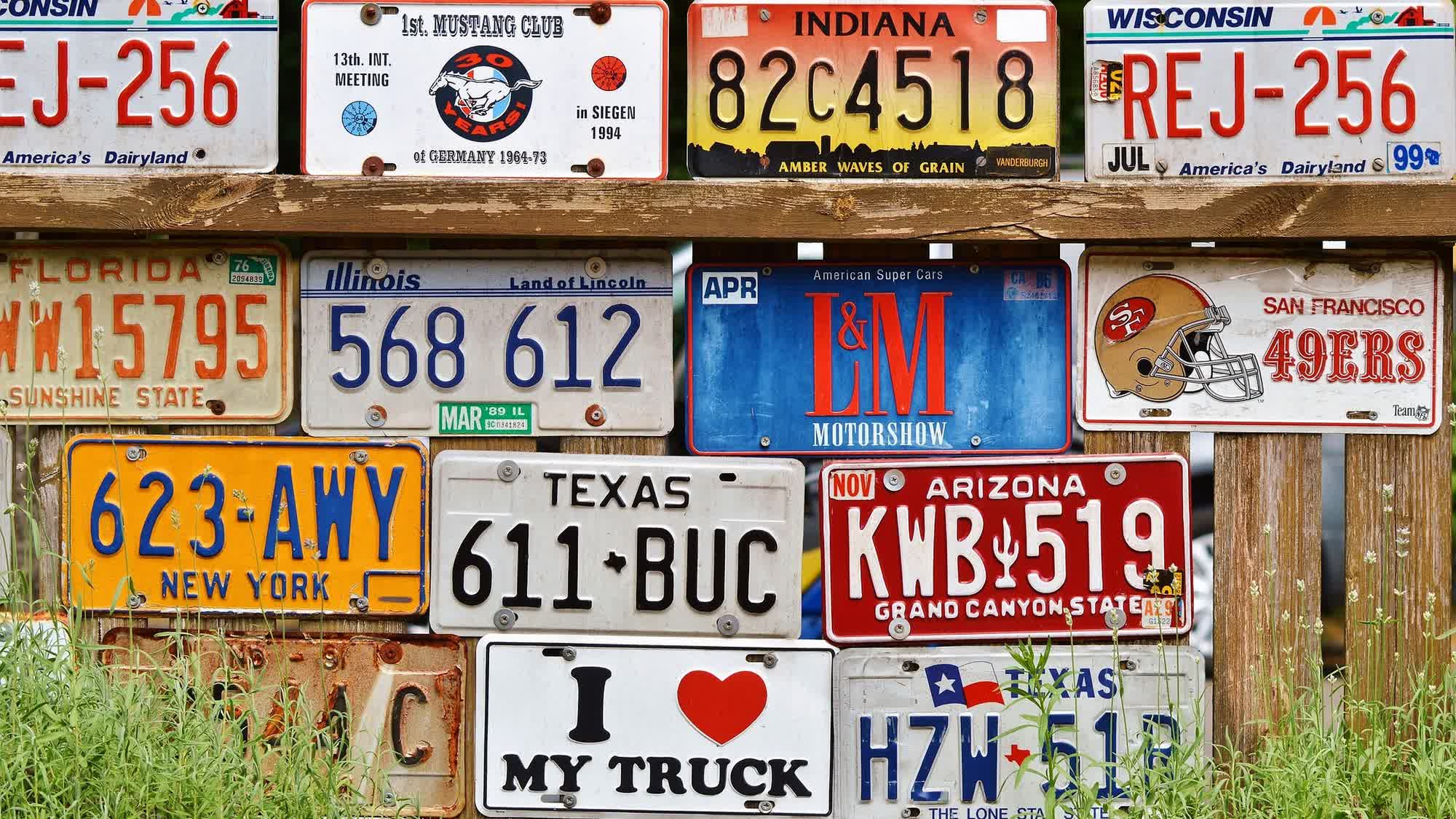What just happened? California resident Guillermo Mata has sued a Texas-based company for selling location data of people's vehicles to marketers, repo agencies, and insurers. Filed in 2021, the lawsuit was granted class action status last September, and alleges that the actions of Fort Worth-based Digital Recognition Network (DRN) violate California's Automated License Plate Recognition ("ALPR") statute, designed to regulate the use of automatic license plate readers.

According to the lawsuit, DRN used a series of cameras to record the license plate data of millions of vehicles. The database is said to include the plate number, along with the date, time, and GPS location of where it was captured. Before including this data in its database, the company allegedly did not provide the required notice to the vehicle owners, nor did it follow the relevant laws regarding data protection.
All California residents whose license plate data was collected at least 15 times since 2017 are automatically designated as class members unless they opt out of the lawsuit. People who request to exclude themselves by March 7, 2024, will not be part of the class action, and will retain their right to sue DRN separately. However, that also means that they will miss out on their share of a monetary settlement, should one be obtained.

The lawsuit alleges that DRN used car-mounted cameras on public roads to scan the number plates, violating a California law that went into effect in 2016 and stipulates a $2,500 minimum payout for each victim. In this case, the total number of affected vehicles is said to be about 23 million, leading the plaintiff's lawyers to describe DRN's actions as a "mass surveillance program." You can check whether you qualify as a class member by going over to the case website.
In a statement to SFGate, Eli Wade-Scott, a lawyer for Edelson PC, the firm representing the class members, said that DRN's actions violate California's privacy laws and peoples' civil liberties. According to him, "DRN is capturing a pretty detailed picture of people's lives ... That could be capturing you at home, at work, at your school, your house of worship, at your doctor."
DRN, however, refutes allegations that its actions violated any California law. The company maintains that "neither Plaintiff nor any similarly situated person has suffered any harm," and claims that the law in question "does not prohibit the collection or storage of ALPR information." Trial is scheduled to begin on May 17 in San Diego County Superior Court, barring an early settlement.